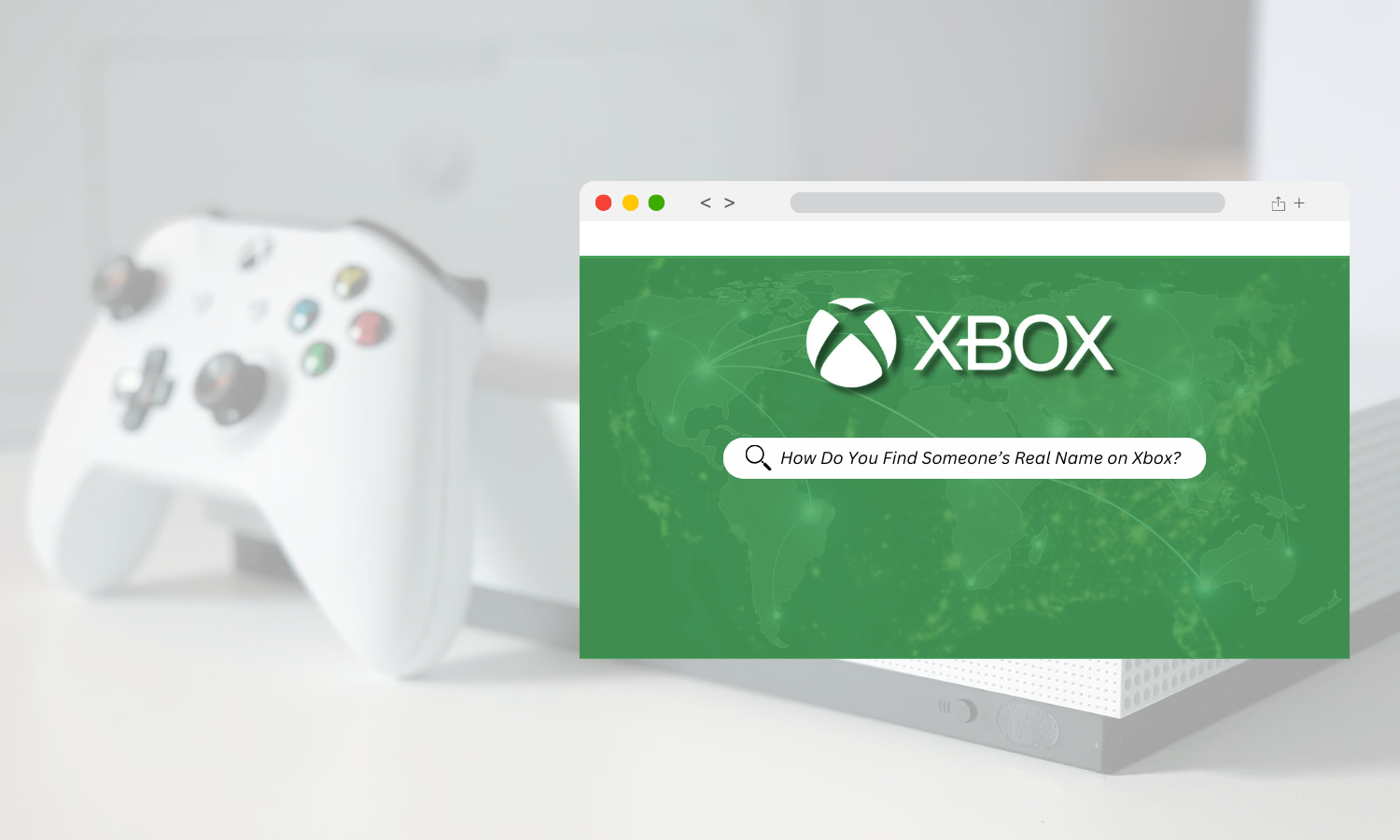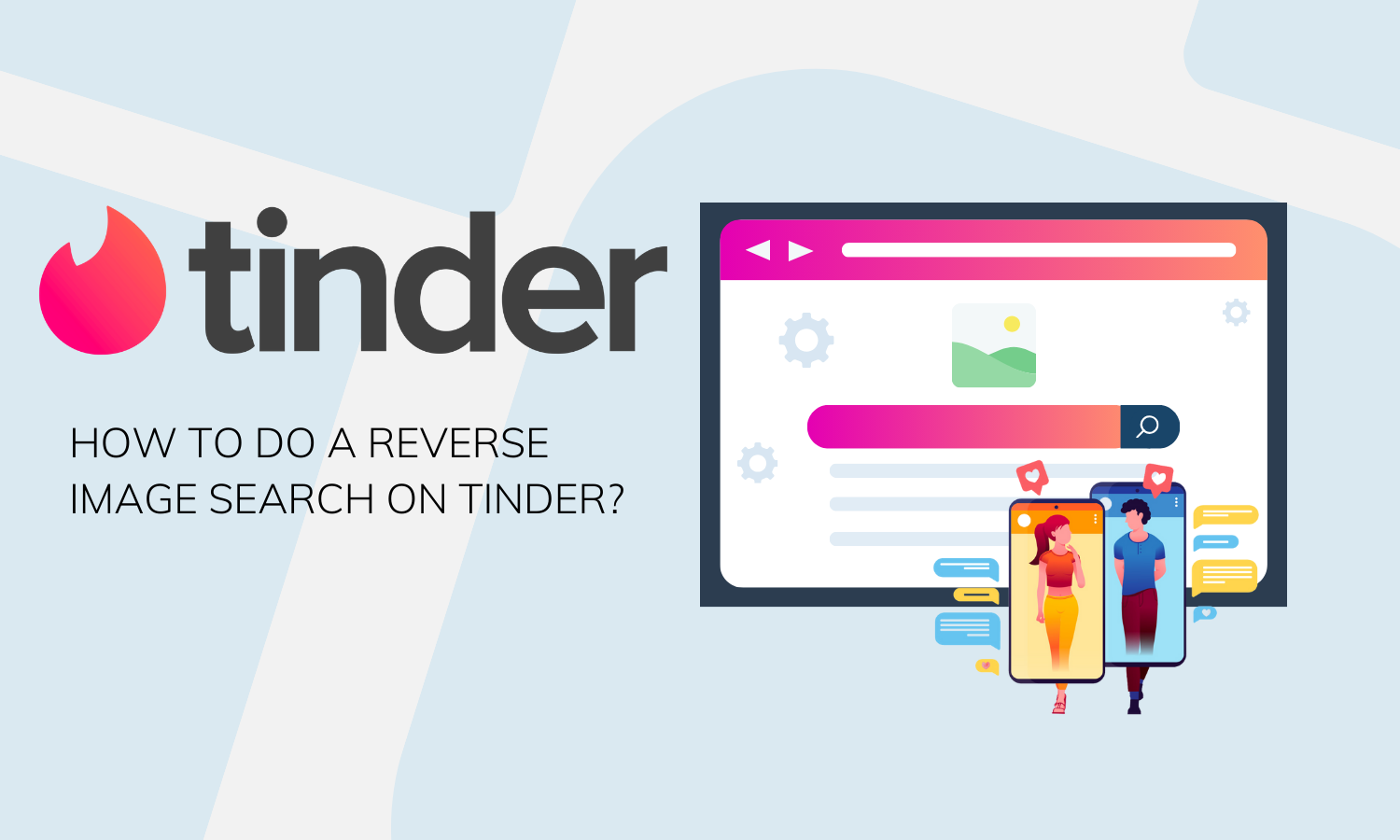

Updated · Jan 10, 2024
Updated · Sep 28, 2023
Sirisha is a networking enthusiast with a bachelor's degree in computer science and engineering. She... | See full bio
Florence is a dedicated wordsmith on a mission to make technology-related topics easy-to-understand.... | See full bio
A cyberattack happens anywhere in the world every 39 seconds. Since digital assaults have become that widespread, 1.6 billion people use VPN services today. Despite that, 32% of Americans still hesitate to use a VPN.
There are many misconceptions surrounding the use of VPNs. Due to these wrong ideas, many Internet users surf the web unprotected from cyberattacks.
As doubts about using VPN services come from misinformation, this article will review and debunk these myths by providing substantial proof and facts.
|
Key Takeaways:
|
At first, businesses were the only ones who used VPNs to protect their data. Nowadays, anyone can use a VPN, from corporations to individuals. People worldwide use VPNs for various reasons, mainly for the following:
|
👍Helpful Article: VPNs can offer more benefits besides privacy and security. To learn more, read Techjury’s article on the advantages and disadvantages of using a VPN. |
With such benefits, there are still plenty of people who distrust VPNs. This article compiles and debunks the top 10 VPN myths individually, convincing those hesitant about VPN usage.
Using a VPN won’t make you 100% anonymous online. A VPN can only do the following:
While VPNs protect users from cyber threats and provide them privacy, this does not mean they are invisible. A search engine can still store and link a user’s search history to their account.
|
⌛ In a Nutshell: VPNs can’t hide users' search history or website activities when logged in. Websites can still have the user's name, email address, and many more details whenever a user logs in. |
On the contrary, VPNs are easy to set up and configure. It might be hard initially for some beginners, but you don’t need to be a tech expert to get it running.
For example, NordVPN only requires a few steps to set up.
The first step is setting up a subscription and downloading the VPN app on your device. After that, you must sign in to your account, choose the server to use, and hit the Quick Connect button.

There is no truth to the claim that free VPNs are as good as paid VPNs.
Paid VPNs have premium features that free VPNs do not offer. Although both provide data encryption and help protect users from hackers, free VPNs have downsides, such as:
Not all VPNs are the same. VPN providers offer different services in terms of security and privacy levels. The following are the common VPN differences:
|
👍Helpful Articles: There are many features users check when choosing the right VPN service. Check out Techjury’s Surfshark VPN Review and McAfee VPN Review to see if this is the correct VPN service for your needs. |
It’s a common misconception that VPNs are only for Internet users with malicious intent or criminals. That’s not true. Anyone can use a VPN as long as it’s legal in their country.
For instance, some students studying abroad experience geo-blocking. When faced with this dilemma, they use VPNs to access content unavailable in those regions.
Journalists also use VPNs to hide their internet traffic and send sensitive information. Meanwhile, citizens in countries with strict content censorship use VPNs to access the content they want.
Businesses also utilize VPNs to have a secure connection between their remote workers and branches.
|
🎉 Did You Know? Due to company policy adherence, 70% of businesses use VPNs, guaranteeing the online safety of their employees. |
While VPNs are designed to keep third parties from eavesdropping on your online activities, they aren’t hack-proof. In VPNpro’s interview with CNET in 2020, the researchers revealed that hackers can install malicious programs and ransomware using fake VPN software updates.
“We intercepted communications when testing the security of VPNs CyberGhost and Hotspot Shield. The hacker can be on the same network as yours to perform an attack. They do this by deceiving you into connecting to a fake Wi-Fi hotspot,” the researchers added.
Here is a list of cases where VPNs can’t protect their users:
Users should be careful about what information they give online, as some VPN providers and web administrators do not follow security practices when handling data. Failure to follow these practices may risk the user’s credentials, exposing them to a data breach.
VPNS may prevent users from accessing websites where malware-infected files lie. However, not all VPNs can stop users from downloading and installing files and programs with viruses.
That said, you must not make VPNs alternative to antivirus software.
|
⌛ In a Nutshell: VPN does not give complete protection against malware infection. Check out the different types of malware and how to stay safe to protect your devices and data from potential attacks. |
VPNs can protect data transmission. However, if a hacker has already gained access to the user's device, they can easily log in to the user's data with or without a VPN.
Users only notice a slower connection speed because the encryption process can increase the time it takes for the device to connect to the internet. Online gamers sometimes notice a boost in Internet speed because VPNs can help them control bandwidth throttling.
The key is using a legitimate VPN with proper server infrastructure and configurations. Doing so allows users not to feel any difference in internet speed.
For instance, a VPN slows download speeds by 20%. From 100 Mbps, the download speed becomes 80 Mbps. This may seem a huge difference, but it doesn't significantly affect how users browse the internet.
As a reference, the table below shows how much internet speed.

Image Source: PCMag.com
Sometimes, a VPN can speed up the connections. This instance happens when ISPs limit the amount of bandwidth. If the bandwidth allocation is fully consumed, the internet connection slows down.
Moreover, VPNs can encrypt the user's traffic, which the ISPs can’t monitor. Encrypted traffic prevents ISPs from throttling the users' bandwidth, and users get higher internet speeds.
Users can also experience an improvement in connection speed when they connect to a nearby VPN server.
|
👍 Helpful Article: The answer to whether VPNs slow down or improve internet connections lies in this helpful Techjury article. |
Users usually refer to Tor networks and proxy servers in the same context as VPNs. However, they don’t have the same function and should not be treated as such. Tor traffic is detectable by your ISP, and proxies only hide your IP address. Even if combined, Tor and proxy still don’t add up to what a VPN does.
While they all enhance privacy and security, many vital differences set these three apart. See the comparison table below:
|
Features |
VPN |
Tor |
Proxy |
|
Mode of action |
Sets a secure and encrypted connection between the client and the VPN server. |
Enable anonymous communication by rerouting web traffic through node routers. |
Serves as a link between the client and the destination server. |
|
Anonymity |
IP Address Masking |
True Anonymity |
IP Address Masking |
|
Security |
Encrypted Connection |
Encrypted Connection |
It depends on the type of proxy server |
|
Used Cases |
Privacy protection, bypassing censorship and internet accessing geographically restricted contents |
Privacy protection, bypassing censorship and internet restrictions, best for dark web access |
Masking IP addresses, filtering or caching content, bypassing local restrictions |
Unfortunately, some VPN services, especially free ones, collect user data. These free VPN providers will attempt to monitor your online activity through tracking cookies. They do this by hiding under the guise of helping the VPN to enhance its services.
The collection of the following information may compromise your privacy:
More concerningly, other VPNs collect and sell data to third parties. Cybernews revealed 25 million free VPN users' information was exposed in 2022.
That said, users must be careful when choosing a VPN service. One way to be is to check the provider's privacy policy to avoid these instances.
The truth about VPNs is that not all can unlock geo-restricted content. Geographical limitations typically cause VPN restrictions, preventing you from accessing streaming giants like Netflix and Hulu. You’ll also know when a website blocks your VPN, as an error will state that you seem to be trying to bypass geo-blocking restrictions.
To unlock a content restriction, the VPN service must have a server in a country where the content is available. If the VPN service does not have a server in that country, there is no way they can access the restricted content.
|
👍 Helpful Article: VPNs allow users to unblock unavailable Netflix movies and TV shows in their region. Read Techjury’s article to learn how to use a VPN to access geo-restricted content on Netflix. |
As a knowledgeable user, learning more about VPN misconceptions can help you choose the best VPN provider. It makes people aware of the few VPN risks and how they can be avoided.
Ultimately, knowing the truth about VPN myths lets people enjoy the tool to its fullest potential without worries.
Yes, there are dangers to using a VPN, such as exposing the whole network to malware like DDoS attacks and spoofing attacks.
VPNs may affect internet speed, and users can experience connection drops. The use of VPNs may cause users to be blocked from using or accessing a service or website. Additionally, some countries consider VPNs illegal, which could give users a false sense of impunity.
The use of VPNs itself is legal and ethical. However, the action is considered unethical if users use VPNs to commit illegal acts.
Yes, there are instances where users get caught using VPNs. Some VPN privacy policies allow VPN services to store connection logs. Authorities can compare the connection record with the web services the user uses. In that way, VPN users can be caught.
Your email address will not be published.
Updated · Jan 10, 2024
Updated · Jan 09, 2024
Updated · Jan 05, 2024
Updated · Jan 03, 2024




